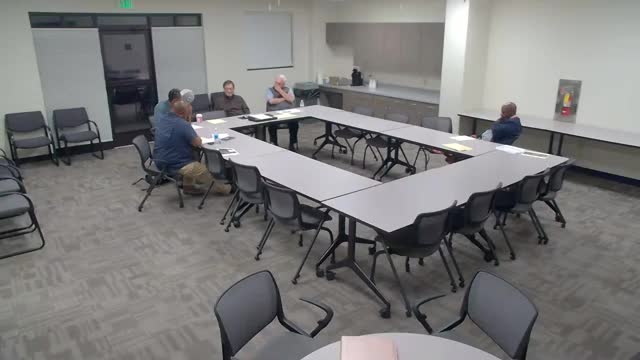Article not found
This article is no longer available. But don't worry—we've gathered other articles that discuss the same topic.
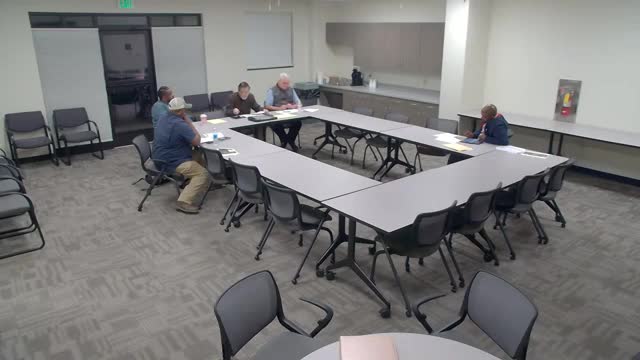
Planning board highlights new solar‑ordinance language, urges caution on mega solar sites
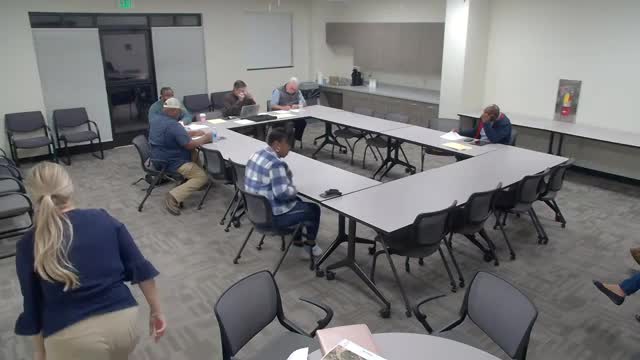
Board approves rezoning 533-24 to add mobile‑home overlay for subdivided Church in the Pines parcels
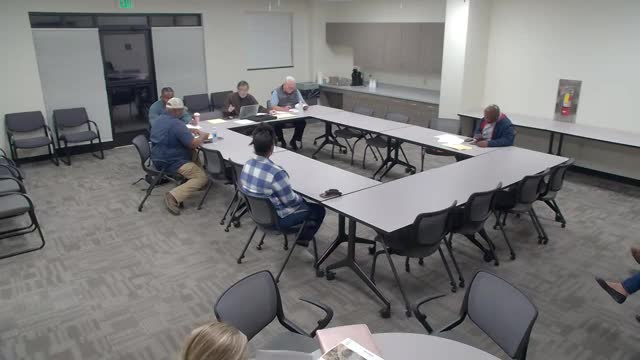
Planning board approves rezoning request 532-24 to allow mobile home on previously unzoned lot
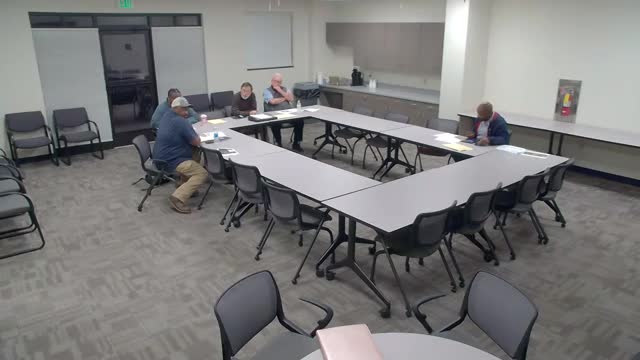
Board flags redundancy in subdivision forms, plans bylaws and requests training before January review
